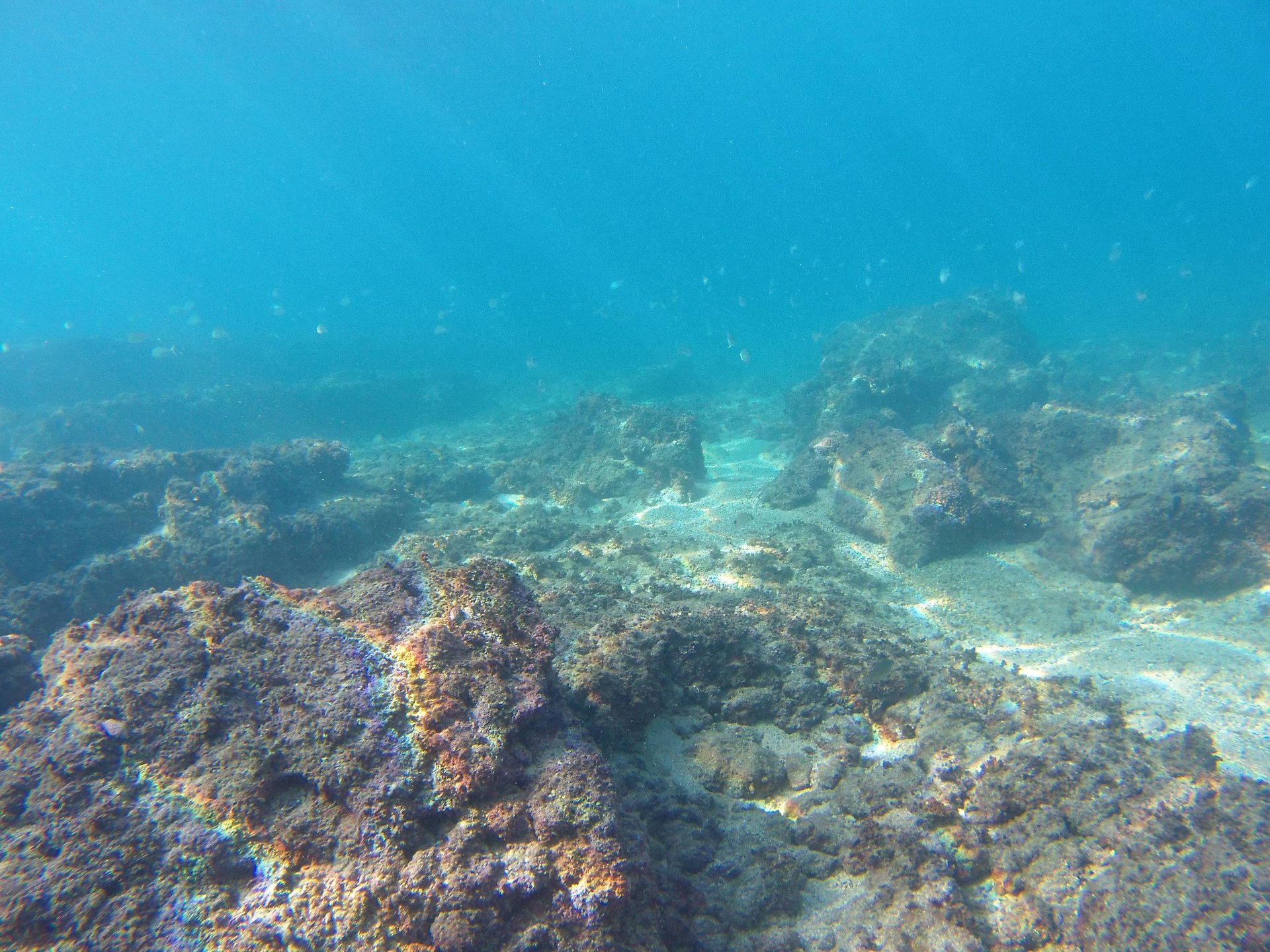
Underwater cleanups
2 million tons of waste are generated every year in Lebanon and more than 10% is plastic (200,000 tons). The lack of waste management leads to unsustainable and dangerous waste disposal methods, like illegal coastal and river dumping.
As a consequence, the Lebanese coast has very high levels of microplastics and marine litter. Such pollution has dramatic impacts on the entire marine ecosystem of the region, and particularly on species who use the coast as a nursery (groupers, seabreams, turtles...).
This is why we incorporate underwater cleanups in our daily dives and regularly organize cleanup events with volunteer scuba divers.
Underwater cleanups
Our underwater cleanups are part of the UNESCO Green Citizens!
Read more here.


Lifespan of marine pollution
Plastic decomposes into microplastics, entering the food chain through small marine organisms. They have been found in the stomach of fish, turtles and other marine animals, threatening entire ecosystems.
Microplastics have also been found in human blood and breast milk, threatening our health and well-being.
Protecting the sea is protecting ourselves.
It is our responsibility.


Lifespan of marine pollution
Plastic decomposes into microplastics, entering the food chain through small marine organisms. It has been found in the stomach of fish, turtles and other marine animals, threatening entire ecosystems.
Microplastics have also been found in human blood and breast milk, threatening our health and well-being.
Protecting the sea is protecting ourselves.
It is our responsibility.
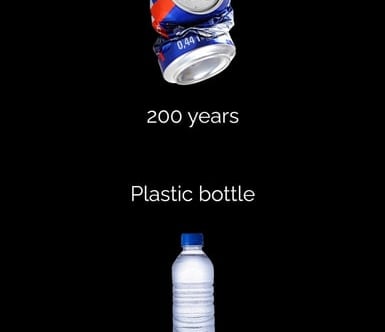


Our impact
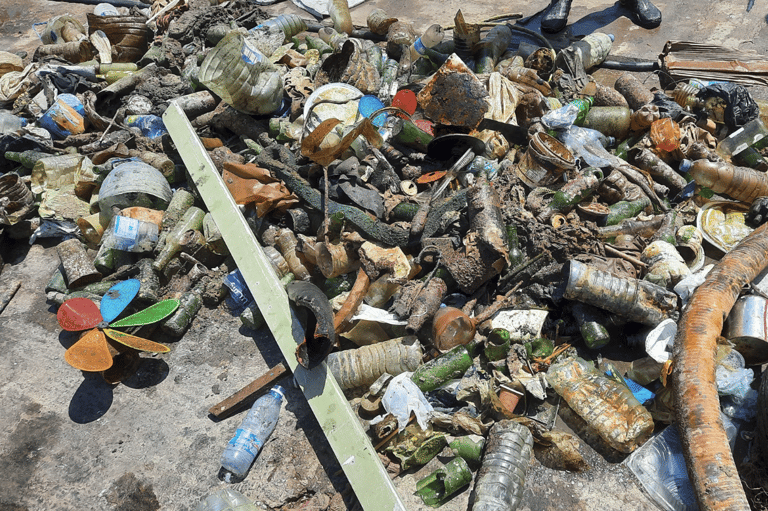

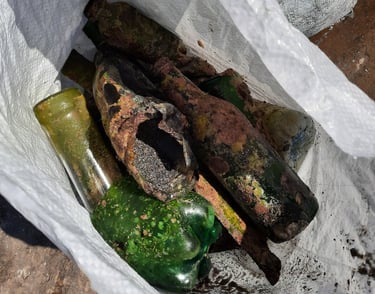

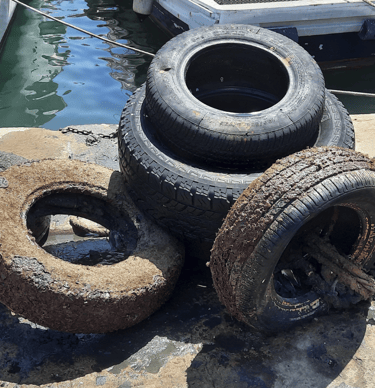

160
tires
+4 000 kg
of waste
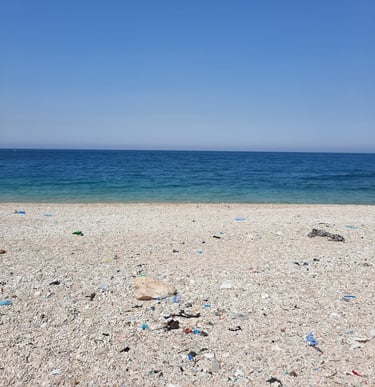

600
bottles
+1000
cigarette butts
removed from the sea floor
With the help of more than 20 volunteers

Our impact






+4 000 kg
of waste


removed from the sea floor
With the help of more than 20 volunteers
160
tires
500
bottles
+1000
cigarette
butts
Join our next cleanup:
